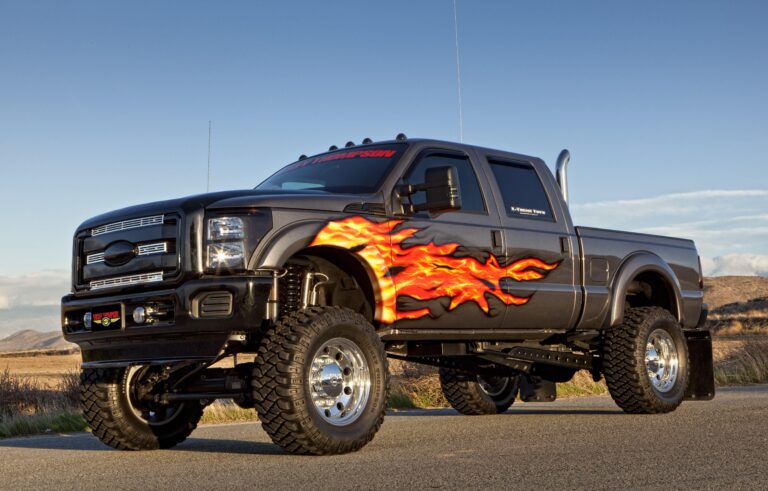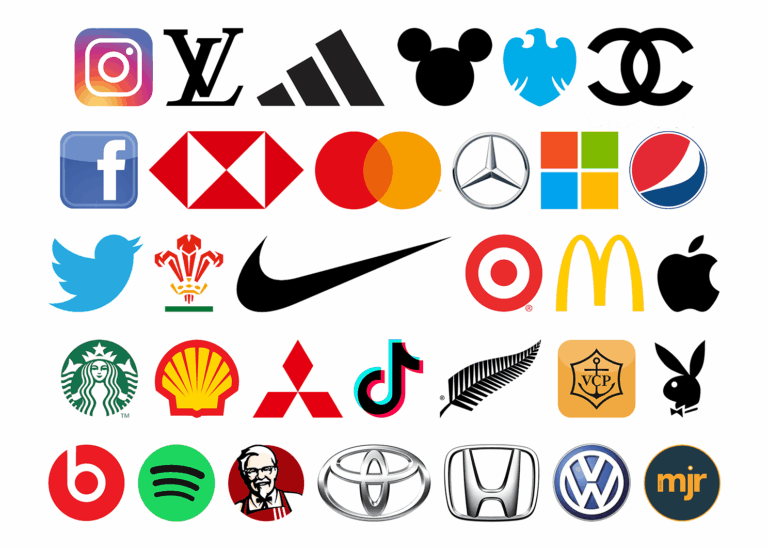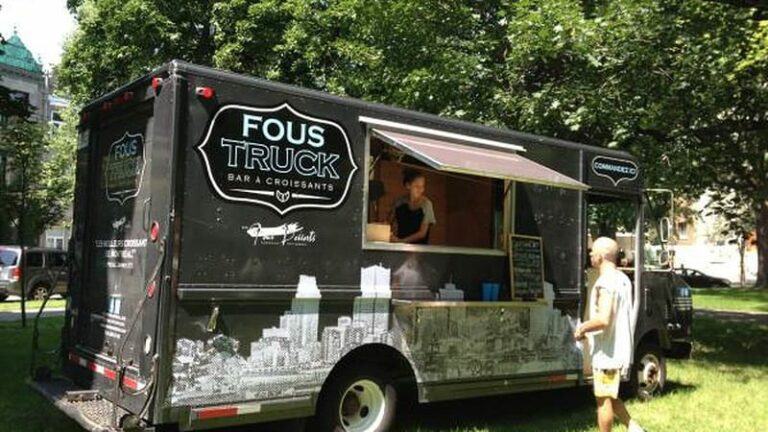Old Trucks For Sale By Owner: A Comprehensive Buyer’s Guide
Old Trucks For Sale By Owner: A Comprehensive Buyer’s Guide cars.truckstrend.com
Introduction: The Enduring Charm of the Road Less Traveled
There’s a unique allure to an old truck. It’s more than just a vehicle; it’s a piece of history, a testament to simpler times, and often, a rugged workhorse built to last. For many enthusiasts, the search for the perfect vintage pickup or classic hauler leads them directly to the "for sale by owner" market. This direct-to-consumer avenue offers a distinct set of advantages, from more transparent histories and direct negotiation to the potential for uncovering a truly unique find.
Old Trucks For Sale By Owner: A Comprehensive Buyer’s Guide
"Old Trucks For Sale By Owner" refers to the private sale of pre-owned, typically vintage or classic, trucks directly from their current individual owners rather than through a dealership. This market is a vibrant ecosystem fueled by nostalgia, practicality, and the desire for a vehicle with character that modern trucks often lack. Whether you’re seeking a restoration project, a reliable farm truck, a unique daily driver, or a show-stopping classic, understanding the nuances of buying directly from an owner is paramount to a successful purchase. This comprehensive guide will equip you with the knowledge and practical advice needed to navigate this exciting corner of the automotive world.
I. The Enduring Appeal of Old Trucks
What is it about old trucks that captures our imagination and loyalty? Their appeal is multifaceted:
- Nostalgia and Character: Unlike today’s mass-produced vehicles, older trucks boast distinctive styling, chrome accents, and a raw, mechanical feel that evokes a sense of Americana. Each dent, faded paint patch, and worn interior tells a story.
- Simplicity of Mechanics: Pre-computerized engines and mechanical systems make many old trucks remarkably straightforward to maintain and repair. For the DIY enthusiast, this translates to lower labor costs and a deeper understanding of their vehicle.
- Durability and Longevity: Many vintage trucks were over-engineered, built with thick-gauge steel frames and robust powertrains designed to withstand heavy use. They truly were "built to last," often outliving their modern counterparts.
- Investment Potential: Certain classic models, particularly well-preserved or expertly restored examples, can appreciate in value, making them not just a passion project but a tangible asset. Iconic models like the ’50s Ford F-100, ’67-’72 Chevrolet C10, or Dodge Power Wagons are prime examples.
- Versatility: An old truck can serve many purposes. It can be a weekend cruiser, a reliable farmhand, a unique business promotional vehicle, a rugged off-roader, or a meticulously restored showpiece. Their utility extends far beyond mere transportation.
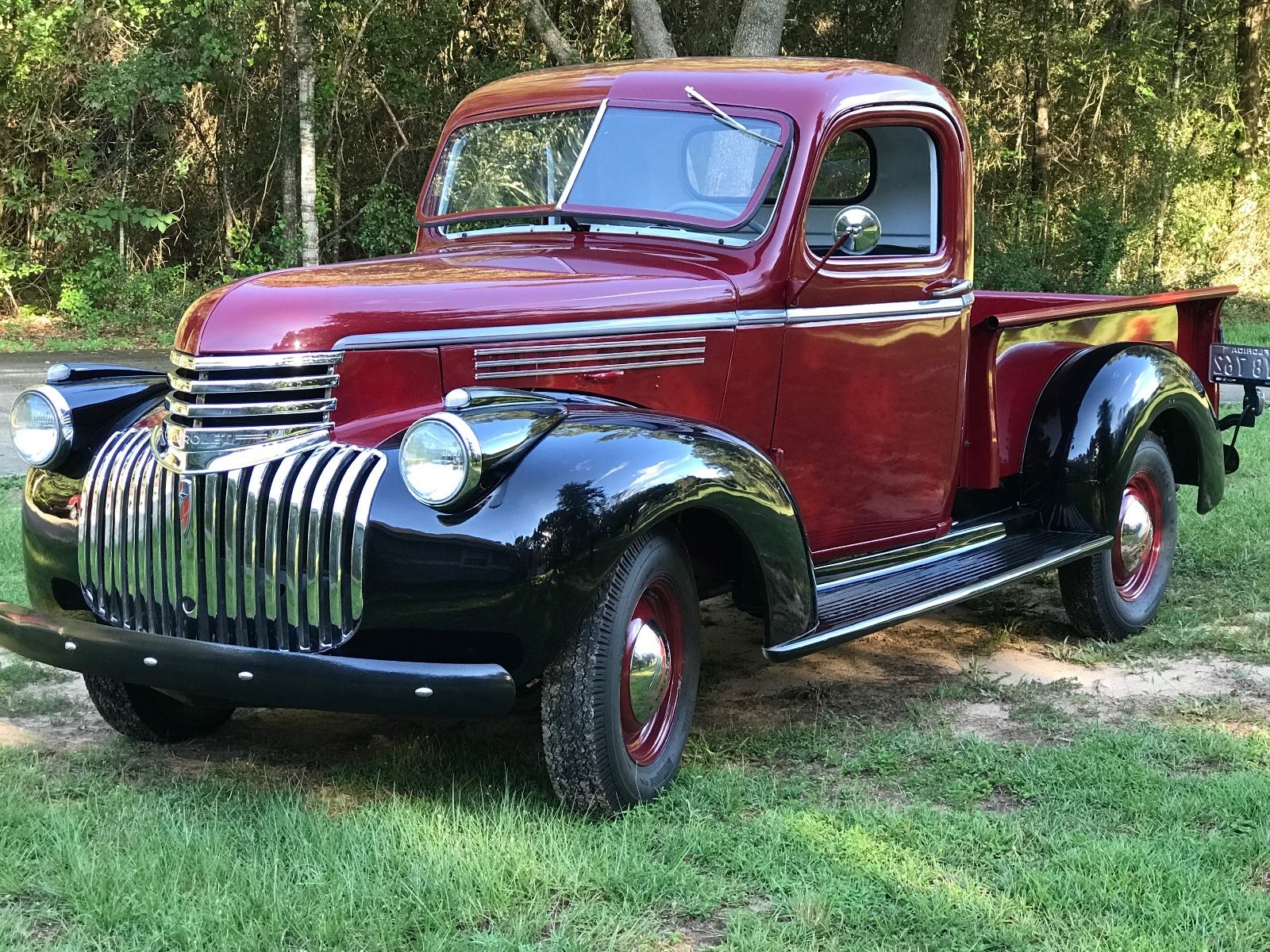
II. Why Buy From an Owner vs. a Dealership?
The decision to buy an old truck is often followed by the question: dealership or private sale? For vintage vehicles, the "by owner" route often holds significant advantages.
Advantages of Buying From an Owner:
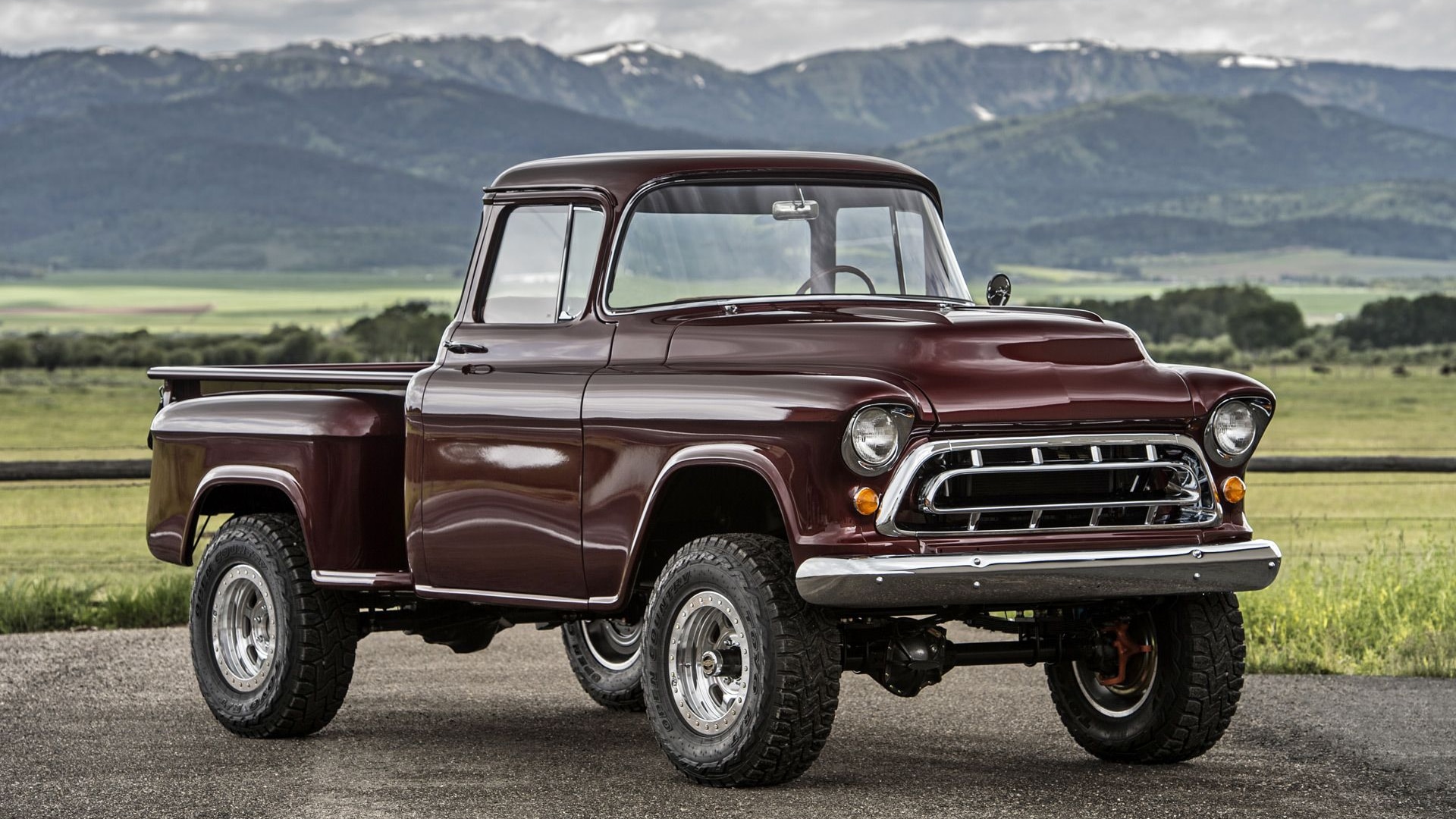
- Direct Negotiation: You’re dealing directly with the person who owns the truck, cutting out the middleman. This often leads to more flexible pricing and the potential for a better deal, as there’s no dealer overhead or profit margin built into the price.
- Detailed History and Transparency: An owner typically knows the truck’s full history – its quirks, its maintenance schedule, past repairs, and even its sentimental value. This level of transparency is rarely available from a dealership, which often acquires vehicles from auctions or trade-ins with limited background information.
- Less Pressure: Private sales tend to be less high-pressure than dealership environments, allowing you more time to inspect the vehicle and make an informed decision without feeling rushed.
- Unique Finds: Owners are often selling specialized or highly customized trucks, or even rare models that might not make it to a general dealership lot. You’re more likely to find a truly unique piece of automotive history.
- Personal Connection: Sometimes, the owner is an enthusiast eager to see their beloved truck go to a good home, fostering a more personal and trusting transaction.
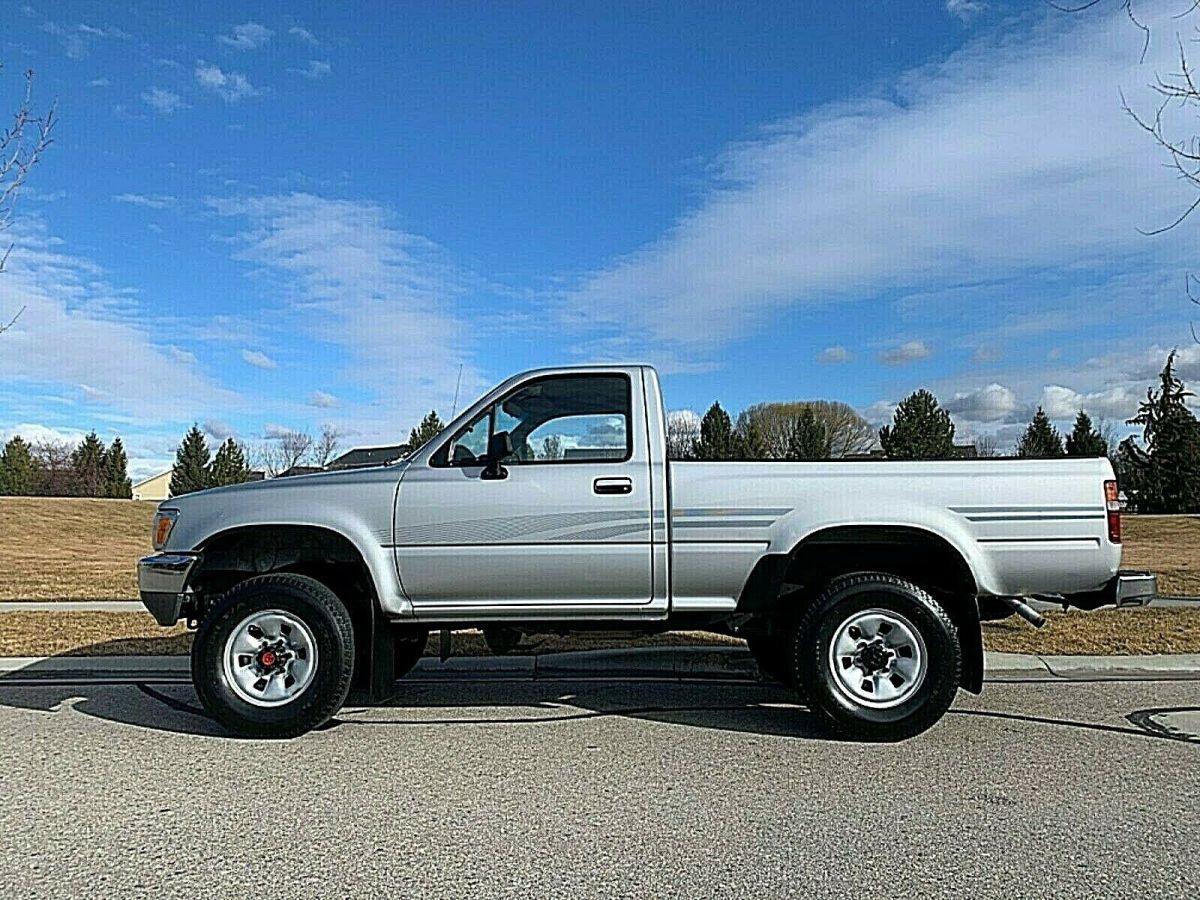
Disadvantages of Buying From an Owner:
- No Warranty: "As-Is" Sale: Nearly all private sales are "as-is," meaning once the money changes hands, any issues that arise are your responsibility. There are no guarantees or warranties, unlike some certified pre-owned options at dealerships.
- Limited Financing Options: You’ll typically need to secure your own financing through a bank or credit union, or pay cash. Dealerships often have in-house financing departments that can streamline this process.
- More Legwork: You’re responsible for all the paperwork, inspections, and title transfers yourself, which can be daunting if you’re not familiar with the process.
- Potential for Hidden Issues: While owners can be transparent, some may inadvertently (or intentionally) overlook or downplay existing problems. A thorough inspection is absolutely critical.
- No Recourse: If something goes wrong after the sale, your legal options are often limited compared to dealing with a licensed business.
III. Navigating the Market: Where to Find Old Trucks For Sale By Owner
Finding the right old truck requires knowing where to look. The "by owner" market is vast and varied:
- Online Marketplaces: These are arguably the most popular and effective channels.
- Craigslist: Excellent for local finds, often with good prices. Be cautious of scams and always meet in a public place.
- Facebook Marketplace: Similar to Craigslist but often with more photos and sometimes direct owner profiles. There are also numerous specific classic truck groups on Facebook where owners post their vehicles.
- eBay Motors: Great for a wider geographic search, offering auction and "Buy It Now" options. Can be good for rarer models.
- Dedicated Classic/Vintage Vehicle Websites: Hemmings Motor News, ClassicCars.com, Bring a Trailer, and specific make/model forums (e.g., Ford-Trucks.com, ChevyTalk.com, OldGMCTrucks.com) are goldmines for enthusiasts. These often feature detailed listings and passionate communities.
- Local Classifieds/Newspapers: While less common now, some older owners still prefer traditional print media.
- Word of Mouth/Local Car Shows/Swap Meets: Attending local classic car shows, swap meets, and cruise-ins can be an excellent way to connect with owners who might be considering selling or know someone who is. Many "barn finds" and hidden gems are discovered this way.
- Estate Sales/Auctions: While not strictly "by owner," these often involve vehicles being sold directly from an individual’s estate, offering potential deals, though you usually buy sight-unseen with limited inspection time.
- Rural Areas/Back Roads: A drive through rural areas can sometimes reveal "for sale" signs on properties, leading to direct owner contact.
IV. The Buyer’s Playbook: A Step-by-Step Guide to Purchasing
Successfully buying an old truck by owner requires a methodical approach and a healthy dose of patience.
1. Define Your Needs & Budget:
Before you start looking, know what you want and what you can afford.
- Purpose: Is it a daily driver, a weekend cruiser, a work truck, or a full-on restoration project? This dictates the condition you should seek.
- Make/Model/Year Preference: Do you have a specific brand (Ford, Chevy, Dodge, GMC, International Harvester) or era in mind? Research common issues and availability for your preferred models.
- Condition Desired: Are you looking for a fully restored show truck, a running and driving project that needs work, or a non-running "barn find" that requires a complete overhaul?
- Realistic Budget: This isn’t just the purchase price. Factor in potential repairs, restoration costs, registration, insurance, and transportation if it’s non-running. Always budget for the unexpected.
2. Initial Inquiry & Research:
Once you find a potential candidate, start with smart questions.
- Detailed Questions: Ask about the truck’s history, mileage (if known and verifiable), maintenance records, any known mechanical issues, rust spots, previous accidents, and why the owner is selling.
- Request Photos/Videos: Ask for detailed photos of the exterior, interior, engine bay, and especially the undercarriage and common rust areas. A video of a cold start and walk-around can also be very informative.
- Research Common Issues: Before seeing the truck, research model-specific vulnerabilities (e.g., specific engine problems, transmission issues, common rust areas).
- Check VIN: If provided, run a VIN check (e.g., through Carfax or NMVTIS) to look for reported accidents, odometer discrepancies, or title issues, though older vehicles may have limited digital records.
3. The Inspection (Crucial Step):
This is where you earn your money back. Never buy an old truck without a thorough inspection.
- Visual Inspection (Exterior & Interior):
- Body & Paint: Check for rust (especially rocker panels, cab corners, bed floors, fenders), bondo (use a magnet), consistent panel gaps, and quality of any repaints.
- Frame: Critically inspect the frame for rust, cracks, bends, or poor repairs. This is the backbone of the truck.
- Interior: Check seat condition, dashboard, gauges, working lights, wipers, horn, and heater/AC. Look for water damage or musty smells.
- Undercarriage: Get under the truck if possible. Look for fluid leaks (engine, transmission, differential, brakes), condition of suspension components, exhaust system, and fuel lines.
- Engine Bay:
- Check fluid levels and condition (oil, coolant, brake fluid).
- Look for leaks, frayed belts, cracked hoses, and battery condition.
- Check for signs of overheating or neglected maintenance.
- Note if the engine is clean enough to hide leaks.
- Test Drive:
- Cold Start: Listen for any unusual noises (knocking, ticking, grinding) immediately after starting.
- Engine Performance: Does it accelerate smoothly? Are there any misfires or power loss?
- Transmission: Check for smooth shifts, slipping, or harsh engagement. Test all gears.
- Brakes: Ensure they are firm, stop straight, and don’t pull to one side.
- Steering: Check for excessive play, wandering, or unusual noises.
- Suspension: Listen for clunks or squeaks over bumps.
- Electronics: Test all lights, turn signals, radio, and power windows/locks if equipped.
- Drive at various speeds, including highway speeds if possible.
- Professional Pre-Purchase Inspection (PPI): For any significant purchase, especially if you’re not mechanically inclined, pay a trusted independent mechanic to perform a PPI. This objective assessment can uncover hidden issues and save you thousands in future repairs.
4. Negotiation:
Be prepared and confident.
- Research Comparable Sales: Know what similar trucks in similar condition have sold for.
- Identify Issues: Use any problems discovered during your inspection as leverage for negotiation.
- Be Respectful but Firm: Don’t insult the seller, but be clear about your offer and your reasoning.
- Have a Target Price: Know your maximum acceptable price and be prepared to walk away if the seller doesn’t meet you.
5. Paperwork & Payment:
The final steps to make it yours.
- Title Transfer: Ensure the seller has a clear title in their name, free of liens. The VIN on the title must match the VIN on the truck. Both parties must sign and date the title. Check your state’s specific requirements for title transfer.
- Bill of Sale: Create a detailed bill of sale including:
- Buyer and seller full names and addresses.
- Date of sale.
- Vehicle year, make, model, and VIN.
- Purchase price.
- A statement that the vehicle is sold "as-is."
- Signatures of both buyer and seller.
- Payment Method: For safety and traceability, use a cashier’s check or a bank transfer. Avoid carrying large amounts of cash.
- Insurance and Registration: You’ll need proof of insurance to register the vehicle in your name. Many states require this before you can drive it legally.
V. Common Challenges and Solutions
Buying an old truck by owner isn’t without its hurdles. Here are some common challenges and how to address them:
- Rust: The Silent Killer: Rust is the biggest enemy of old trucks. It compromises structural integrity and can be incredibly expensive to repair.
- Solution: Prioritize trucks from dry climates (Southwest, West Coast). Thoroughly inspect rocker panels, cab corners, floorboards, bed, fenders, and especially the frame. Factor in repair costs or walk away if it’s too severe.
- Mechanical Issues: Assume an old truck will have some mechanical issues, even if minor.
- Solution: Budget for repairs. Learn basic mechanics yourself, or have a trusted mechanic on standby. A pre-purchase inspection is invaluable for identifying these issues beforehand.
- Title/Paperwork Issues: Missing titles, salvage titles, or undisclosed liens can turn a dream into a nightmare.
- Solution: Never buy a truck without a clear title in the seller’s name. If there’s no title, or it’s a salvage title, understand the significant hurdles and potential legal issues involved in getting it registered. Walk away if anything seems suspicious.
- Overpaying: The excitement of finding a cool old truck can lead to emotional overspending.
- Solution: Do your homework. Research comparable sales extensively. Be patient and willing to walk away if the price isn’t right for the condition.
- Transportation: If the truck isn’t running or isn’t roadworthy, you’ll need a plan to get it home.
- Solution: Arrange for a tow truck, rent a car trailer, or hire a professional vehicle transport service. Factor this cost into your budget.
VI. Tips for a Successful Purchase
- Patience is Key: The right truck may not appear overnight. Don’t rush into a purchase.
- Bring a Knowledgeable Friend or Mechanic: A second pair of eyes, especially an experienced one, can spot things you might miss.
- Don’t Fall in Love Too Quickly: Maintain objectivity. It’s easy to overlook flaws when you’re emotionally invested.
- Document Everything: Take photos during your inspection, keep notes, and save all communications with the seller.
- Budget for the Unexpected: Always have a contingency fund for unforeseen repairs or issues after the purchase.
- Join Owner Forums: Before or after buying, connect with online communities for your specific truck model. They offer invaluable advice, troubleshooting tips, and sources for parts.
VII. Old Trucks For Sale By Owner: Estimated Price Guide
Please note: Prices for old trucks vary wildly based on make, model, year, condition, originality, rarity, location, and current market demand. This table offers a general estimate for trucks sold by owner.
| Category/Condition | Typical Characteristics | Example Models | Estimated Price Range (By Owner) |
|---|---|---|---|
| Project/Parts Truck | Non-running, heavy rust, significant mechanical/body work required, possibly no title. | Ford F-100 (60s-70s), Chevy C10 (60s-70s), Dodge D-Series (70s), International Harvester (60s-70s) | $500 – $5,000 |
| Running/Driving (Needs Work) | Runs and drives but requires significant mechanical repairs, rust remediation, paint/body work, interior restoration. | GMC C/K Series (70s-80s), Older Ford F-Series (70s-80s), Jeep J-Series | $5,000 – $15,000 |
| Good Condition/Daily Driver | Roadworthy, minimal rust, solid mechanics, presentable paint/interior, may have minor quirks or need cosmetic attention. | Ford F-150/250 (80s-90s), Chevy K1500/2500 (80s-90s), Toyota Pickup (80s) | $10,000 – $25,000 |
| Restored/Show Quality | Professionally restored or meticulously maintained, excellent paint, clean interior, solid mechanics, minimal to no rust, often modified. | ’50s Ford F-100, ’67-’72 Chevrolet C10, ’60s-70s Ford Broncos, ’70s-80s Toyota Land Cruisers | $25,000 – $75,000+ (some iconic models can reach $100K+) |
Disclaimer: These are broad estimates. A rare, desirable model in "Project" condition might fetch more than a common model in "Good Condition." Always research specific models and recent sales data.
VIII. Frequently Asked Questions (FAQ)
Q1: What’s the best year/make for a first-time old truck buyer?
A1: For ease of parts availability, repair, and a large enthusiast community, 1967-1972 Chevrolet C10/GMC C/K series and 1967-1979 Ford F-Series (F-100/F-150) are excellent choices. They are plentiful, relatively simple, and well-supported by aftermarket parts.
Q2: How much should I budget for restoration on a "project" truck?
A2: This varies wildly, but for a full, professional restoration (body, paint, engine, interior, frame), you could easily spend anywhere from $20,000 to $60,000+, often exceeding the truck’s value. If doing DIY work, costs are lower but still significant for parts and materials. Budget at least 2-3 times the purchase price for a solid running project.
Q3: Is it safe to buy a truck without a title?
A3: Generally, no. Buying a truck without a clear title can lead to significant legal and registration headaches, making it impossible to drive or sell legally. Only consider a "parts truck" without a title, and even then, understand your local laws regarding vehicle identification and disposal.
Q4: How do I get insurance for an old truck?
A4: Standard auto insurance companies can often insure older trucks for daily driving. For classic or restored trucks, consider specialized classic car insurance providers (e.g., Hagerty, Grundy) who offer agreed-value policies that better protect your investment.
Q5: Can I get a loan for an old truck bought from an owner?
A5: Yes, but it’s often more challenging than buying from a dealership. You’ll typically need to secure a personal loan or a classic car loan from a bank or credit union. Lenders may require an appraisal for older vehicles.
Q6: What are common rust spots to check on old trucks?
A6: Key areas include: cab corners, rocker panels, floorboards (especially under the mat), wheel arches/fenders, bed floor and sides, around windshields/rear windows, and critically, the frame rails and body mounts. Bring a flashlight and a small hammer to gently tap for hidden rust or bondo.
Conclusion: The Journey of Ownership
The pursuit of "Old Trucks For Sale By Owner" is more than just a transaction; it’s an embarkation on a journey. It’s the thrill of the hunt, the satisfaction of a thorough inspection, the art of negotiation, and ultimately, the profound joy of owning a piece of automotive history. While buying directly from an owner demands diligence, patience, and a keen eye, the rewards – a unique vehicle, a deeper understanding of its past, and often a better value – are well worth the effort.
By understanding the appeal, knowing where to look, executing a meticulous inspection, and navigating the paperwork with care, you can confidently acquire an old truck that will bring years of enjoyment, turning heads and sparking conversations wherever it goes. This isn’t just about getting from point A to point B; it’s about the character, the craftsmanship, and the stories that only an old truck can tell.


